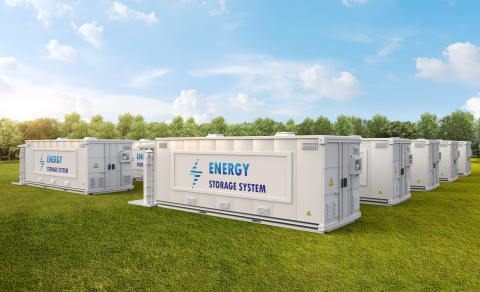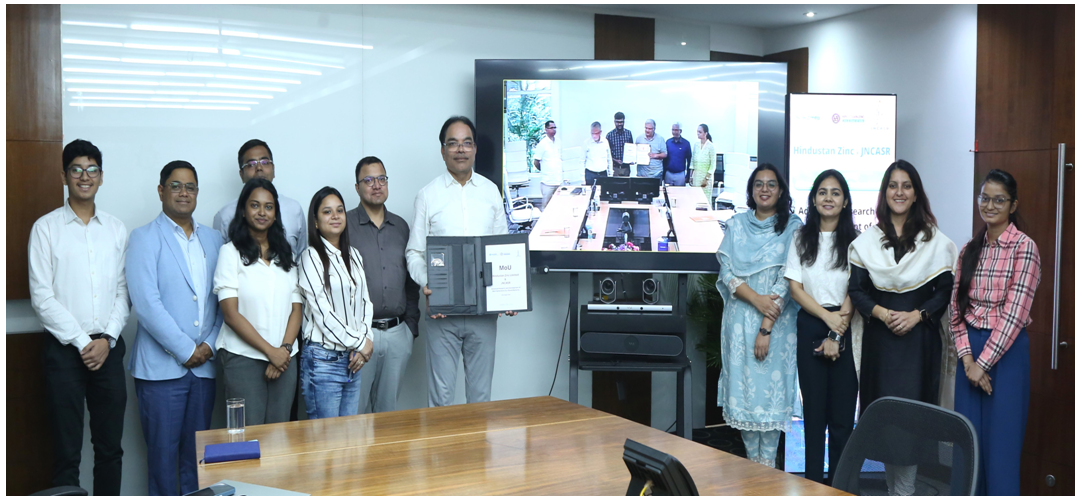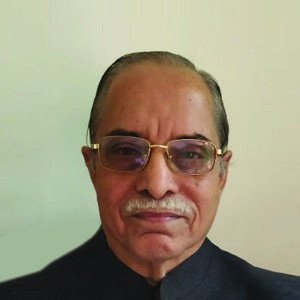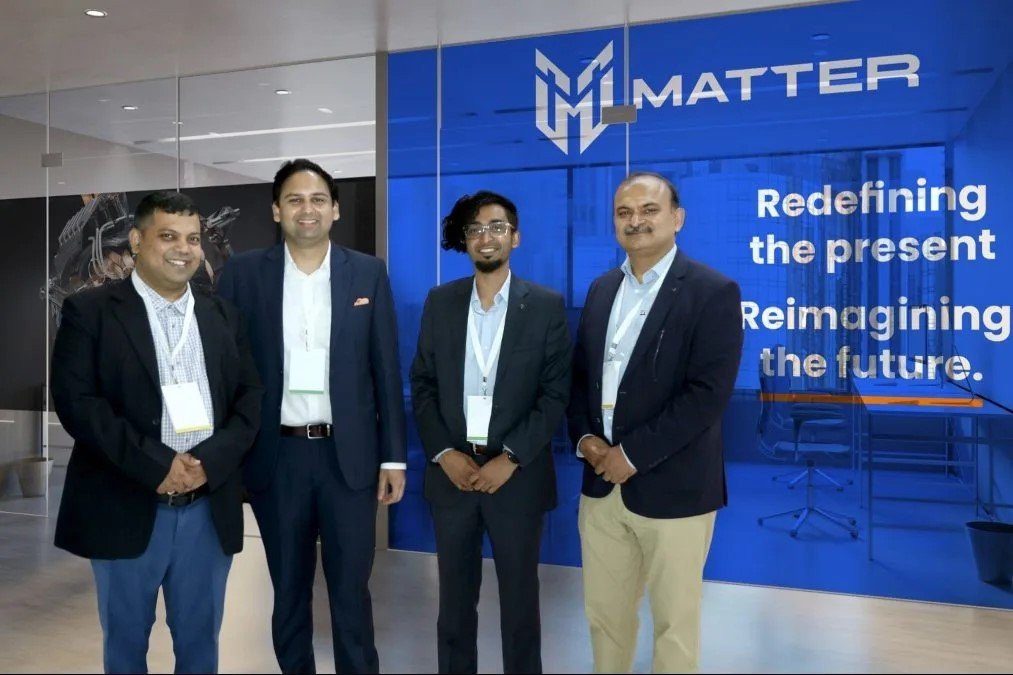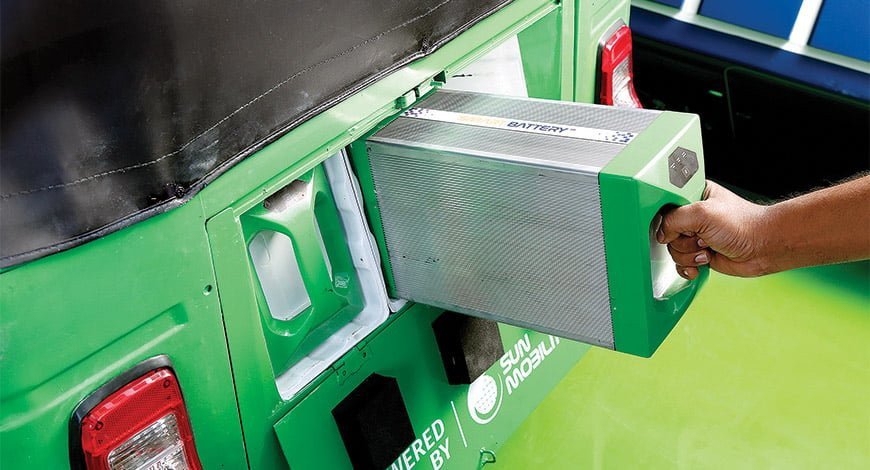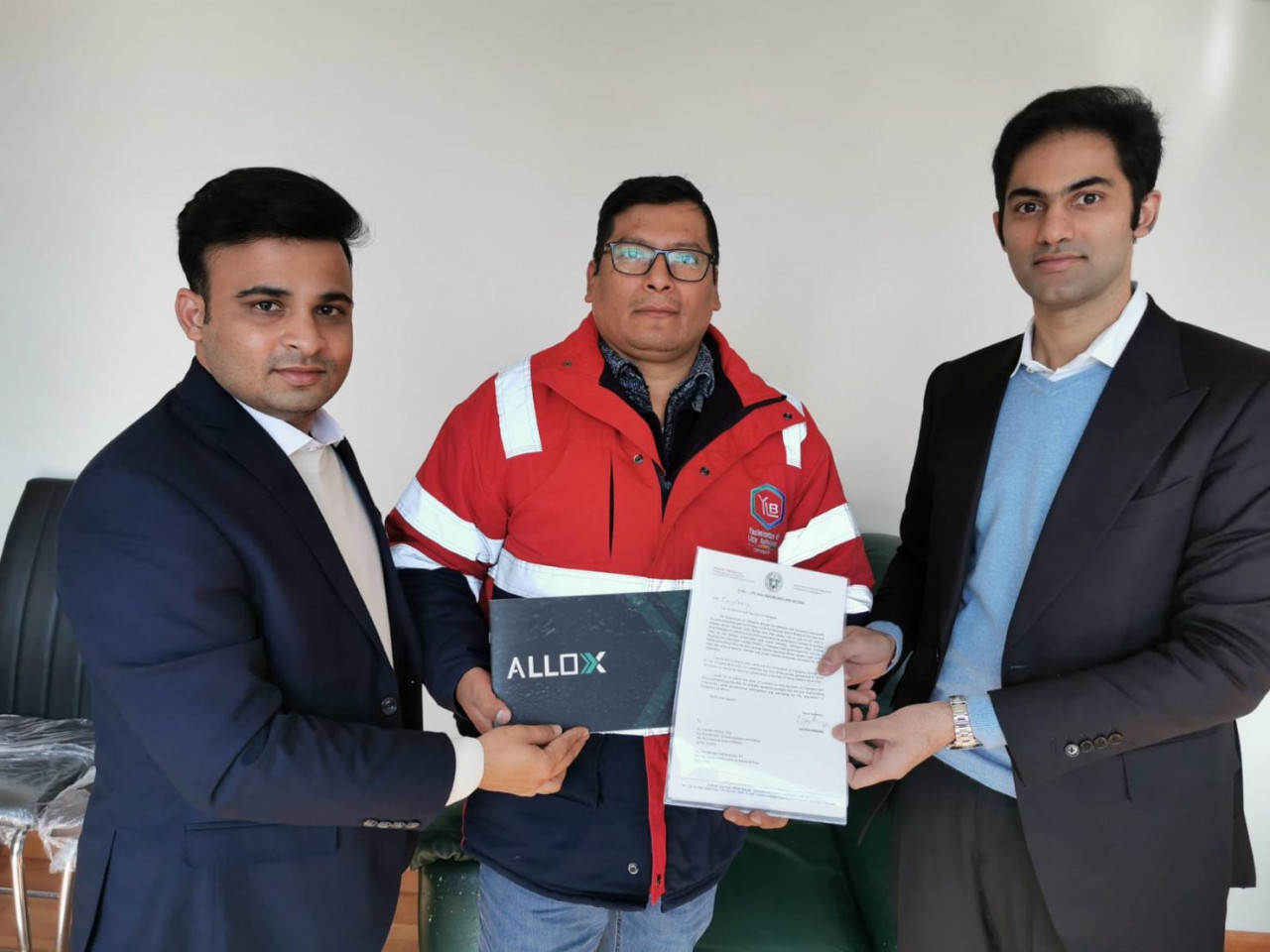Hindustan Zinc signs MoU for new-age zinc batteries
Hindustan Zinc Ltd (HZL), India's largest and the world's second-largest integrated zinc producer, has signed a Memorandum of Understanding with the government-controlled Jawaharlal Nehru Centre for Advanced Scientific Research (JNCASR) to develop new-age zinc batteries.
The collaboration will focus on the research and development of zinc alloys as anodes for zinc-ion and zinc-air batteries, developing electrolytes for high-performance zinc-alloy anodes, and designing and developing chemical processes for recycling zinc metal-based batteries, HZL said in a press release. The JNCASR team also plans to demonstrate Zinc-ion pouch batteries which can be scaled up for large-scale commercial applications.
The partnership "marks a pivotal moment in the evolution of battery technologies, leveraging zinc's abundant resource availability, cost-effectiveness and sustainable practices," HZL said in a press release.
Lithium-ion batteries dominate the market at present, but HZL noted that the availability of the mineral, geographic concentration of its processing, and risk of combustion posed challenges that zinc could overcome. Plus, lithium is more than four times as expensive as zinc, the company said.
"Zinc-based batteries are inherently better alternatives to lithium-based batteries because of their ability to offer long duration storage, cost-effectiveness and durability, backed by a safety record," the company noted, adding that stable zinc-based chemistries --- such as zinc-manganese, zinc-carbon, nickel-zinc --- have been in circulation since the 1800s.
Arun Misra, CEO of Hindustan Zinc, said at the MoU signing: "Zinc is integral to a low-carbon future and it presents itself as a safe, stable and sustainable alternative to lithium in the energy storage segment… This collaboration demonstrates our crucial role in catering to the increasing demand for alternative energy solutions by being an active contributor of critical raw materials for the development of emerging clean technologies."
HZL will work with researchers led by Premkumar Senguttuvan, who plans to modulate the structure and chemical compositions of alloys and electrolytes from atomic/molecular to device level to evolve the existing issues with materials. A modified electrolyte is expected to increase the life and safety of devices.
Prof Sreenivas, Dean R&D of JNCASR, said in the release: "Prof. Premkumar Senguttuvan brings extensive expertise in battery technology, with significant experience in lithium, sodium, and zinc-based systems… His proposed work in zinc-based battery technologies, in collaboration with Hindustan Zinc, holds the potential to make significant contributions to a more sustainable and resilient energy future."
